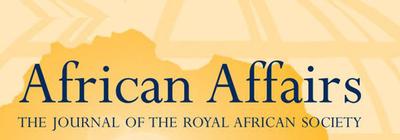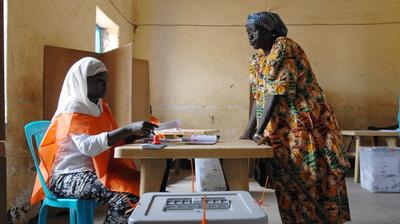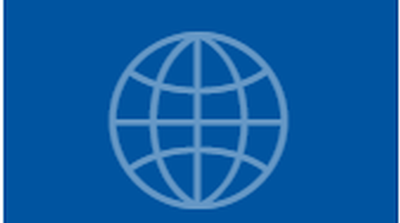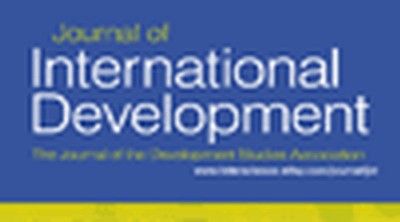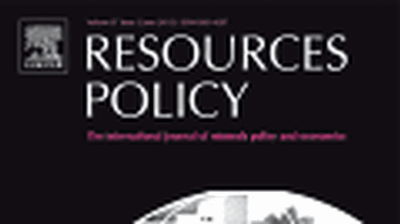Taxation, Institutions and Participation (TIP): The dynamics of capital flows from Africa
Odd-Helge Fjeldstad
Lise Rakner
The Taxation, Institutions and Participation (TIP) project investigates the effects of tax havens on the domestic revenue system, institutions and citizen participation in African countries, with a particular focus on Angola, Tanzania and Zambia. The project aims to generate new, contextualized evidence on the political economy of domestic revenue mobilisation, institutional development and state legitimacy in countries exposed to large scale capital flows. Key questions are: How is the taxpaying behavior of domestic taxpayers affected by the elites’ and transnational companies’ use of tax havens? How do large scale (illicit) capital flows affect domestic tax policies and practices, and what role do international accounting firms play in this process? How do tax havens affect institutions in developing countries, government accountability, citizen participation and their views of the state? By making these questions the overarching research concern, the project will produce new, contextualised and policy-relevant insights. In this way, the project will provide an evidence base for policies at country levels to complement current international initiatives.
Background
Africa is the source of large scale capital outflows. Illicit financial flows out of Africa over the period 1970 to 2008 may be as high as USD 1.8 billion. Although this figure is contested, there is no doubt that financial outflows are substantial relative to official development assistance and total foreign direct investment in this period. Many African countries are among the fastest growing economies in the world. However, capital flows to tax havens are believed to be one factor limiting the benefits to ordinary Africans of economic growth. The region is likely to continue to grow relatively fast and become increasingly attractive to international and domestic investors and, thus, also to the international financial industries. But institutions, legislation and regulations remain weak, benefiting the interests of ruling elites, transnational companies and other vested interests. This is also reflected in weak state legitimacy and poor citizen participation in policy processes.
To improve the living standards of their citizens, African countries need a tax base to fund public services and good institutions to keep governments accountable in their use of public funds. In public debates, it is commonly argued that tax havens undermine these objectives. However, the ways in which tax havens affect taxation, political institutions and citizen participation are seriously underresearched in a development context. In particular, there is little firm evidence on how the use of tax havens affects tax compliance, how it influences lobbying activities towards the domestic tax system, and how tax havens shape elite and citizen incentives to frustrate or promote institutional change. The contribution of this project is to generate a better understanding of these questions. This is a significant expansion of scope in research on illicit financial flows, which has to date largely focused on estimating the scale of flows and on the role of international tax havens in facilitating tax evasion by multinational companies and other illicit activities. Our approach also complements the literature addressing international policy initiatives that aim to limit the adverse effects of tax havens, including exchange of information agreements based on bilateral tax treaties.
The case countries
The project compares and contrasts three countries; Angola, Tanzania and Zambia. All three countries experience massive capital flight, and are key Norwegian partner countries in terms of commerce, aid or technical advice. They are also among the fastest growing economies in Africa, and have significant resource endowments although the nature of the resources extracted differs. The choice of countries is driven by their distinctions, however, which permits us to analyze how tax havens may affect the tax base and institutions differently in different societies.
Angola has a much narrower (and oil-based) tax base than Tanzania and Zambia, partly due to substantial tax reforms in the last decade in the latter two countries. While the ruling parties in Angola and Tanzania have an absolute majority in the parliaments and have been in power over many years, elections have led to major policy changes in Zambia, in particular related to natural resource taxation. Moreover, whereas civil society is weak in Angola, civil society in Tanzania and Zambia has been actively engaged in debates on taxation and capital flight. These differences in taxation, institutions and participation may suggest differential effects of tax havens. Our research design allows us to shed light on key contextual factors which may shape these differences. One of these is natural resource dependence; while all three countries have significant resource endowments, the type of endowment differs. Elite incentives to reform taxes and institutions, and citizen incentives to participate politically, are likely to be very different in Angola, where rents from oil are highly appropriable and generated with little involvement of local labour, compared to the other two countries. Other important factors likely to shape elite and non-elite incentives are income levels, human capital and inequality. Angola and Zambia are middle-income countries, while Tanzania is a low income country. Angola nevertheless has lower levels of human capital and greater inequality than the other two countries.
The three cases will hence permit us to analyse how such differences translate into tax policies and practices, political mobilisation and citizen participation in these societies. We will employ methodologies from economics, political science, accounting and business administration in order to shed light on the research themes from different perspectives.
The project is funded by the Research Council of Norway and runs over the period 2014-18.





